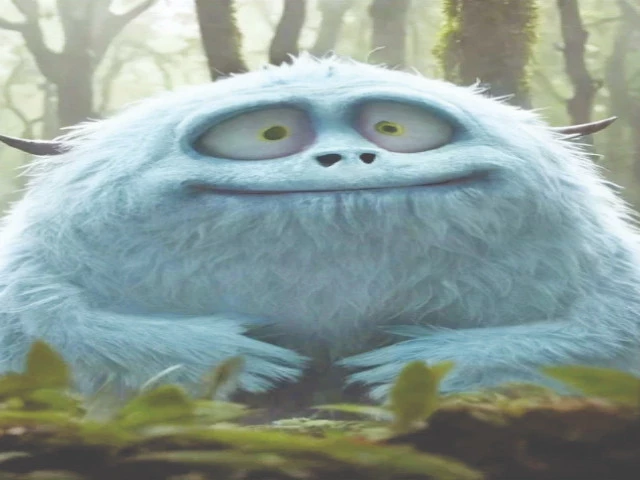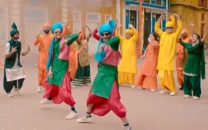OpenAI propels 'Critterz' toward Cannes
AI-driven animated film seen as a high-stakes experiment in cinema

OpenAI, best known for ChatGPT, is stepping further into the spotlightthis time with Critterz, a full-length animated film created largely using generative AI tools.
Expected to premiere at the Cannes Film Festival in 2026 before a global theatrical release, the project marks a bold play to demonstrate that AI can dramatically reduce production timelines and costs without sacrificing creative integrity.
The film began life as a short, brain-child of OpenAI's creative specialist Chad Nelson, sketched with the DALL.E image generator three years ago. That experimental spark has now grown into an ambitious international collaboration, backed by Vertigo Films and Native Foreign, with funding from Federation Studios in Paris.
With a production budget under $30 million and a development window of just nine months, Critterz stands in stark contrast to traditional animated features that often require $100200 million and three years or more.
The entire project is intended as a proof of concept, showcasing generative AI's potential to transform big-screen filmmaking.
Despite its AI-driven edge, Critterz will not forsake human creativity. Artists will craft initial sketches and vision art, which will then be processed by AI models — including GPT-5 for narrative shaping and DALL.E (and possibly video tools like Sora) for visual execution.
Voice acting by human performers and contributions from seasoned screenwriters (including those behind Paddington in Peru) aim to ensure emotional depth and legal clarity in authorship.
The film arrives amid growing legal battles concerning AI's role in entertainment — studios like Disney and Universal have sued AI firms over alleged copyright violations.
OpenAI's choice to include human-generated sketches and voice performances appears strategic, allowing Critterz to qualify for copyright protection rather than lingering in legal uncertainty.
Around 30 people are currently involved in production, with profit-sharing structures under consideration should the film succeed. Innovative in both workflow and financing, Critterz could become a testbed for a new hybrid model of filmmaking — one that blends AI efficiency with human artistry and industry standards.
"If OpenAI can say what its tools can do, but someone actually does it — that's a much better case study than building a demo," said Nelson.
If Critterz meets its budget and timeline while captivating audiences, it may open the door to a radical shift in how animated films are madefaster, cheaper, and more inclusive of AI tools. But success isn't guaranteed.
Scepticism remains among Hollywood executives, creatives, and audiences alike. The film still needs distribution support and must win over critics and viewers anxious about AI's encroachment on creative industries.
In the end, Critterz could be remembered not just as an animated adventure, but as a pivotal moment where generative AI took centre stage in mainstream cinema.




















COMMENTS
Comments are moderated and generally will be posted if they are on-topic and not abusive.
For more information, please see our Comments FAQ